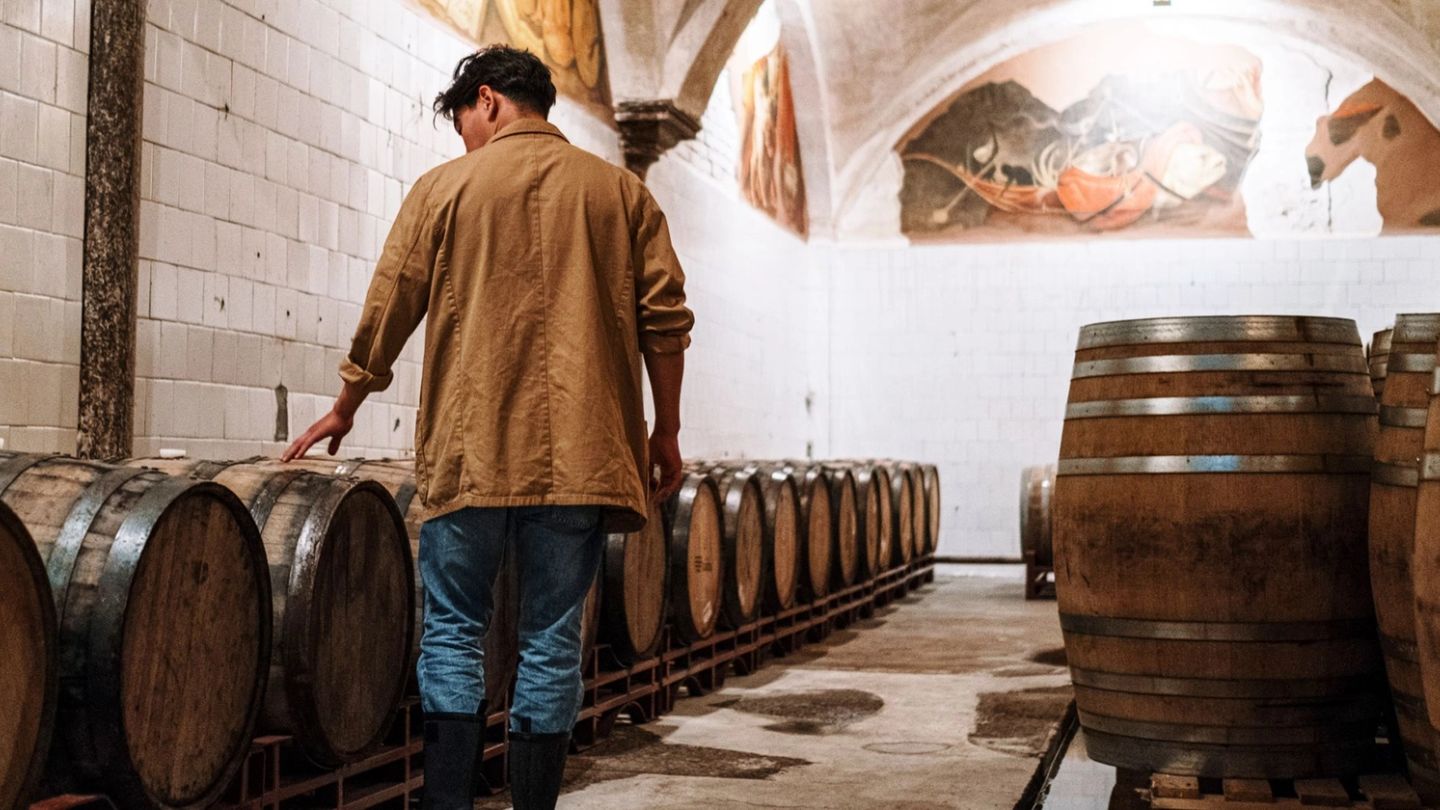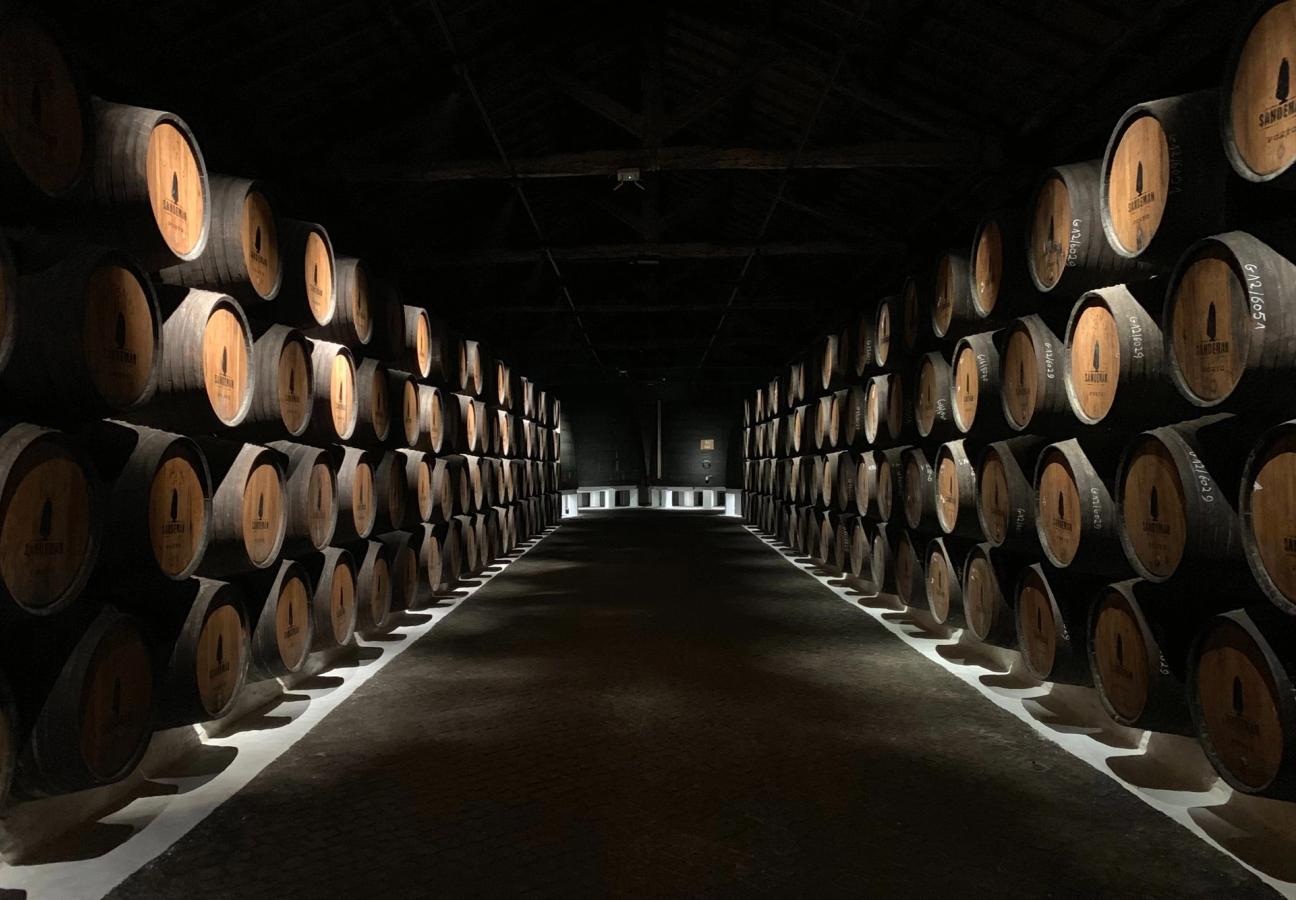

Here’s why you should be buying your whisky by the barrel
We asked the world-leading whisky investment experts why there’s cash to be had in casks…
Words: Jonathan Wells
Whether it’s a ‘barrel of laughs’ or ‘barrels of fun’, it seems that almost all good things come in casks. And you can add to that list whisky. Whether neat, on the rocks, by the bottle or the barrel, we’re great fans of this most spirited spirit; distilled proudly in Scotland for over half a millennium. But whisky has more to offer than taste.
At the end of last year, the BC20 Whisky Cask Index published some fascinating findings. If you had invested in $100,000 worth of casked whisky in July 2018, your barrels would now be valued at around $160,000. That’s a handsome return — one that outpaced both up-and-coming digital currency Bitcoin and gold.
So how can we cash in on these casks? With approximately 22 million barrels of whisky currently ageing across the Highlands and Lowlands of Scotland, there’s room for everyone to start investing — and buying their whisky by the barrel. We asked the world’s leading whisky investment experts how best to do it.
“Investment in cask whisky is similar to any other investment,” explains Simon Aron, Managing Director of Cask Trade, “in that you buy a cask with a motive to watch it appreciate over time. The older your whisky gets, generally the more expensive it becomes — because the taste improves with age and it becomes rarer”.
So far, so simple. And, Aron adds, the consumer market for single malt whisky has grown exponentially of late — with demand for cask strength whisky outpacing supply. This is why most investment services, Cask Trade included, use a relatively simple business model where you buy a cask outright under your name.
"The older your whisky gets, generally the more expensive it becomes..."
“We only sell what we have in stock,” says Aron, “and the casks are held in Scotland under HMRC bond — you can’t get them delivered to your garden or garage. Only when they reach a significant age — 16-years-old, for example — can you choose to either sell the cask, let it mature for longer or bottle it for your own enjoyment”.
Aron himself has a collection of over 3,200 bottles of whisky. He says that the progression to investing in casks was a natural one; citing its equal profitability and ease over handling many smaller units. “And we make sure that each client gets a sample of their cask,” he assures, “and that it’s managed completely throughout its life.”

But the sheer size of casks can be off-putting for would-be amateur investors. Jay Bradley, founder of Whiskey & Wealth Club, recounts how his business didn’t make a single sale for the first six months. “We were on the verge of closing up shop,” he reveals. “But I then created a whole new marketing strategy — and the floodgates opened…”
Today, Bradley’s clients have peace of mind not only when they buy, but during the whole cask maturing process. Casks are insured for 10 years along with storage and, as the value of each cask increases, as does the insurance payout.
“So,” Bradley explains, “if a forklift truck reversed into your cask five years from now, you would get all of your initial capital back — plus five years of growth. But, as with all investments, there is still risk — and one should always do their due diligence and research prior to putting capital into anything. Casks are no different.”
Thankfully, with the number of cask investment companies increasing as demand for barrelled Scotch surges, there are plenty of people willing to do that research for you. Whiskey & Wealth Club spends millions every year buying in the best casks, and signs decade-long contracts with big-name distilleries to ensure it gets first-look at the best spirits.
“And this helps the distillery by selling a small percentage straight off the still,” Bradley reveals. “Usually, they would have to wait ten years plus to recoup all the overhead — but we have changed that for them and given them a way to profit and cover overheads from day one.”
And this ‘win-win’ between consumer and client is what has seen the recent boom in barrel investment. Sam Laing, Head of Content at Cask 88, tells us that cask ownership by private collectors is something that has only really emerged in the last 10 years.
“And, in the last couple of years,” he adds, “we have seen more and more interest in whisky for its investment potential. Casks of whisky, like other alternative assets, are not tied to the financial markets, and whisky has the unique characteristic of maturing in flavour, and value, throughout its time in the cask.”
"Casks of whisky are not tied to the financial markets..."
So where is whisky investment going? Will barrels soon overtake bottles in both desirability and financial edge? What will we see over the next decade — and what will the cask collecting landscape look like further into the future?
“Recent years have seen spectacular gains for individual bottles of Scottish whisky,” says Laing. “Though there have been signs of that market slowing in the past year. Instead, the attention seems to be turning to whole casks of whisky.
“Investors are discovering the unique properties offered by whole casks of whisky,” he adds, “And our research into the market indicates that investors in whole casks of Scottish whisky can expect to enjoy an average projected growth of 12.76% per annum. The whisky cask market showed remarkable stability, and even steady growth throughout 2020, proving its ability to weather the economic turbulence of the pandemic.
“And that’s why we expect to see robust and stable growth for the whisky cask market for many years to come.”
Want more portfolio tips? We asked London’s top wealth managers for the new golden rules of investment…
Become a Gentleman’s Journal member. Find out more here.


